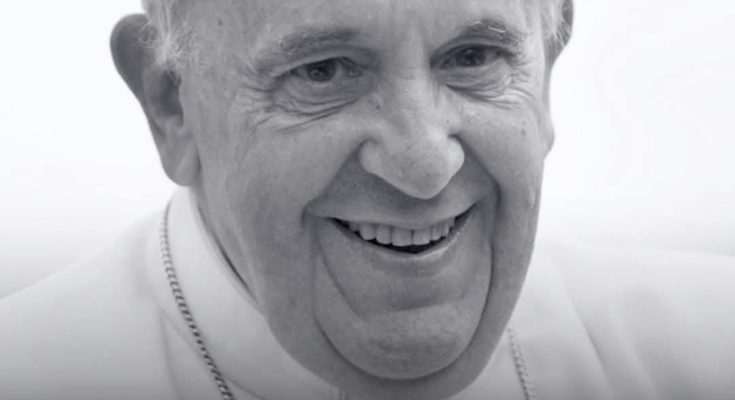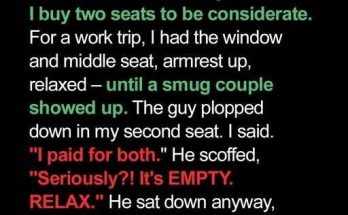
The Vatican confirmed today that Pope Francis has died at the age of 88, following a prolonged illness that led to pneumonia in both lungs. The beloved Pontiff spent his final weeks in hospital care.
A 15-day period of mourning begins, culminating in the Conclave—when cardinals gather in the Sistine Chapel to elect a new pope.
In a rare break from tradition, Francis will be buried at the Basilica of Santa Maria Maggiore in Rome’s Esquilino district, after lying in state at St. Peter’s Basilica.
Just yesterday, on Easter Sunday, the Pope made a final public appearance. Despite his failing health, he blessed thousands in St. Peter’s Square from his popemobile, waving to crowds and offering his ‘Urbi et Orbi’ benediction from the balcony. The faithful shouted “Viva il Papa!” and “Bravo!” in a stirring farewell.

Among the dignitaries present in Rome was U.S. Vice President JD Vance, who briefly met with the Pontiff. Their conversation was described by the Vatican as “brief”—lasting just a few minutes—amid lingering tension between them over the Pope’s criticism of the Trump administration’s immigration policies.
Francis, born Jorge Mario Bergoglio in Buenos Aires, Argentina, was the first Latin American pope and the first non-European to ascend to the papacy in more than 1,300 years. He succeeded Pope Benedict XVI in March 2013, following the German pontiff’s surprise resignation.
Over the years, Francis gained admiration—and stirred debate—for his progressive stance on environmental issues, openness to blessing same-sex couples, and outreach to marginalized communities, including divorcees and transgender individuals. Yet he held firm on other Church teachings, calling abortion a “crisis of the moral sense.”
Despite numerous health issues—including multiple hospitalizations, surgeries, and falls—Francis remained deeply active, even embarking on a 12-day tour of Southeast Asia and Oceania in 2024. His last international visit included stops in Indonesia, Papua New Guinea, and Singapore, where he boldly criticized U.S. presidential candidates Donald Trump and Kamala Harris.
Francis’s personal story is as extraordinary as his papacy. Born on December 17, 1936, to Italian immigrants in Argentina, he once trained as a chemical technician and worked as a nightclub bouncer. A young romance ended in heartbreak—his proposal rejected, he vowed to become a priest.
He joined the Jesuit order, rising swiftly to lead Argentina’s Jesuits and later serving as Archbishop of Buenos Aires. Known as the “Slum Bishop,” he championed the poor and criticized corruption and authoritarianism in Argentine politics.
Yet his early silence during Argentina’s brutal 1976–1983 dictatorship shadowed his legacy. Critics accused him of not doing enough to protect those persecuted by the regime. Francis later apologized on behalf of the Church and encouraged victims and their families to come forward.
Still, his papacy was marked by a fervent push for transparency and reform. He met regularly with survivors of clergy abuse, acknowledged crimes against nuns, and called for justice—even against senior Church officials.
He told abusers to prepare for “heavenly justice,” insisting evil must not be hidden. “Expose it,” he said in one of his final international speeches in Brussels in 2024.
His death ends a historic era. From his first words as Pope—“Let’s pray for one another”—to his last act of defiant compassion on Easter Sunday, Pope Francis sought to humanize the Church and bring it closer to the people.
Now, as the world mourns and awaits his successor, his final message still echoes: choose fraternity, protect the planet, and stand with the forgotten.
Please SHARE this with friends and family to spark conversation about Pope Francis’s legacy


